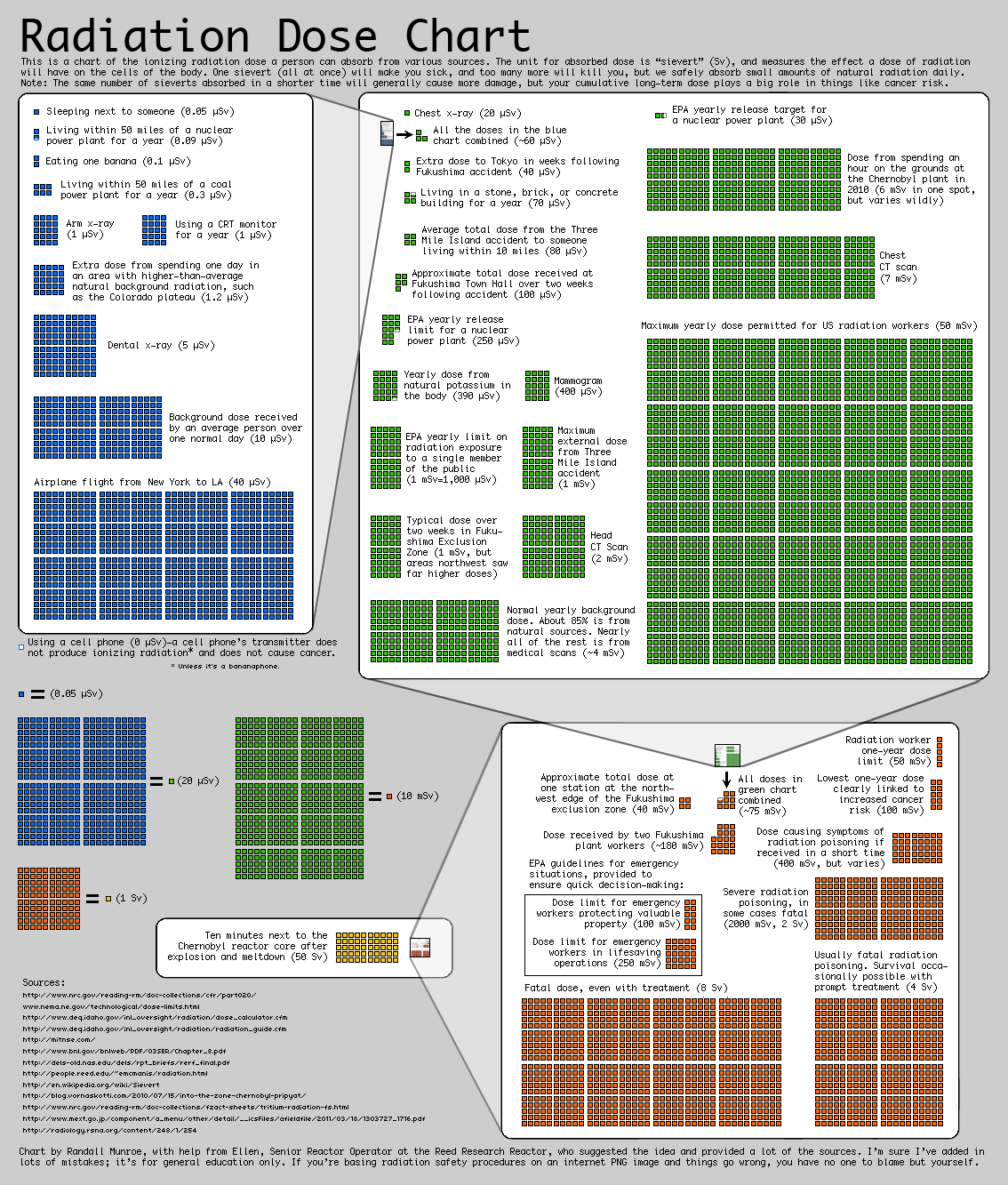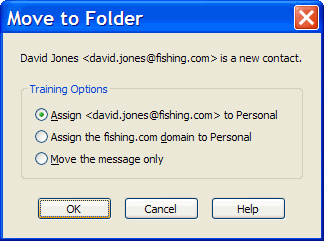 Okay, I'm not really asking about the history of how we got to where there's a tipping tradition. But it seems just about everyone dislikes it. The waitstaff seem to be far more full of complaints about it than happy about it -- sure, they might get a really good tip sometimes, but they're more likely to get stiffed, and they depend on those tips since they're chronically underpaid. While some people like having the chance to express something with the amount of their tip, most people either resent having to pay them at all, or feel more motivated by wanting the waitstaff to get a fair shake. Who's really happy about it? One might suggest the restaurant management, but what they really think is, they don't want to have to pay the waitstaff more, or raise prices, but they're not really married to the particular way we accomplish those things. They are just, generally, cheap. (I suppose the non-cheap restaurateurs don't last very long, though.)
Okay, I'm not really asking about the history of how we got to where there's a tipping tradition. But it seems just about everyone dislikes it. The waitstaff seem to be far more full of complaints about it than happy about it -- sure, they might get a really good tip sometimes, but they're more likely to get stiffed, and they depend on those tips since they're chronically underpaid. While some people like having the chance to express something with the amount of their tip, most people either resent having to pay them at all, or feel more motivated by wanting the waitstaff to get a fair shake. Who's really happy about it? One might suggest the restaurant management, but what they really think is, they don't want to have to pay the waitstaff more, or raise prices, but they're not really married to the particular way we accomplish those things. They are just, generally, cheap. (I suppose the non-cheap restaurateurs don't last very long, though.)Consider how almost every restaurant in the world has a policy where parties of more than some particular size (often six) don't get to leave a tip; instead, 15% is added to the bill, and they pay that, no choice in the matter. What if we changed it so that is what we did for any party, any size?
Would the waitstaff hate that change? I'm sure some people tip more than 15% and others less. My guess is the average comes out pretty near 15%, or less. More importantly, I think the waitstaff would probably rather be able to count, somewhat, on their income, than to run the chance of getting a bigger tip. (Of course, their income still depends on how much business the restaurant does, but that's probably less unreliable.)
Would the customers hate it? I bet more people would be glad than upset about the change, if only because they didn't have to worry about it. For my part, assuming I was sure the waitstaff were glad of it, I would be too. I want my waitstaff to be able to count on being able to pay the rent. I virtually never short-tip -- waitstaff have to be really awful for that, and even then I usually tip at least 10% -- but even so, I only let the tip vary because I feel obligated to by social convention. No one expects me to tip the guy at the hardware store based on his level of service, but we still expect them to give good service, and we still have a way to reflect our opinion if they do or don't -- by shopping somewhere else, most notably. There's no particular reason restaurants have to be any different.
So who would actually be put out by simply changing that "six" to a "one"? There must be someone, because if there wasn't, some restaurant would just go ahead and do it. (Restaurants are always ready to buck trends and do something different, and get away with it, in some markets.) Maybe some of them do, but I've never heard of it. So why do we perpetuate this? Must be someone thinks it's a good thing. But who?


































 RealTime and RTC
RealTime and RTC Prism
Prism Uncreated
Uncreated Bloodweavers
Bloodweavers Foulspawner's Legacy
Foulspawner's Legacy Lusternia
Lusternia